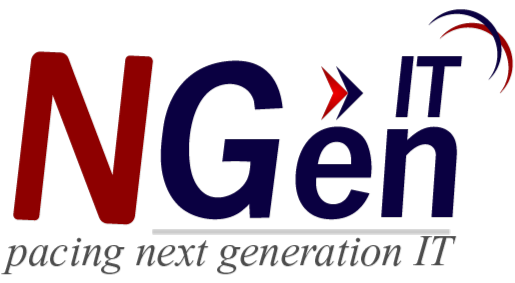In the realm of modern manufacturing and logistics, the role of industrial printers cannot be overstated. These robust machines serve as the silent workhorses that transform digital designs into tangible labels, tags, and packaging, ensuring seamless operations and traceability. This article delves into the intricacies of industrial printers, their applications, and the evolving trends shaping their future.
What Are Industrial Printers?
Industrial printers are heavy-duty devices specifically designed for high-volume, continuous printing tasks in industrial settings. Unlike their office counterparts, these printers are built to withstand harsh environments, demanding workloads, and extended operational hours. They are engineered for reliability, precision, and speed, catering to the stringent requirements of industries such as manufacturing, logistics, healthcare, and retail.
Key Features and Technologies
1. Durability and Build Quality
Industrial printers are constructed with rugged materials that can endure challenging conditions, including dust, moisture, temperature variations, and mechanical stress. Their robust build ensures longevity and consistent performance, minimizing downtime and maintenance costs.
2. High-Speed Printing
Equipped with advanced printheads and mechanisms, industrial printers can churn out labels and tags at impressive speeds, facilitating rapid production cycles and optimizing operational efficiency.
3. Versatility in Printing
From barcodes, QR codes, and RFID tags to product labels and compliance stickers, industrial printers support a wide array of printing formats. They can handle various media types, including paper, synthetic materials, and specialized substrates, offering flexibility in application.
4. Connectivity and Integration
Modern industrial printers are equipped with connectivity options like Ethernet, Wi-Fi, and Bluetooth, enabling seamless integration into existing networks and systems. This connectivity facilitates real-time data transfer, remote monitoring, and centralized control, enhancing workflow automation and data accuracy.
Applications Across Industries
1. Manufacturing
Industrial printers play a pivotal role in product identification, inventory management, and compliance labeling within manufacturing facilities. They ensure accurate labeling of components, finished goods, and packaging materials, fostering traceability and quality control.
2. Logistics and Supply Chain
In logistics and supply chain operations, industrial printers generate shipping labels, packing slips, and tracking tags. They facilitate streamlined logistics operations, timely deliveries, and enhanced visibility throughout the supply chain.
3. Healthcare
In healthcare settings, industrial printers produce patient wristbands, medication labels, and laboratory tags, ensuring accurate patient identification, medication management, and specimen tracking.
4. Retail and Distribution
In retail environments, industrial printers generate price tags, promotional labels, and inventory tags, supporting efficient merchandising, pricing strategies, and inventory management.
Future Trends and Innovations
The industrial printing landscape is witnessing rapid advancements driven by technological innovations and industry-specific requirements. Key trends shaping the future of industrial printers include:
Integration with IoT and AI: Industrial printers are increasingly integrating with Internet of Things (IoT) and Artificial Intelligence (AI) technologies to enable predictive maintenance, real-time analytics, and adaptive printing solutions.
Sustainability and Eco-Friendly Printing: The industry is moving towards sustainable printing practices, with a focus on eco-friendly inks, recyclable materials, and energy-efficient printing processes.
Customization and Personalization: As consumer demands for personalized products and experiences grow, industrial printers are evolving to support customization capabilities, enabling businesses to offer tailored solutions and enhanced customer engagement.










